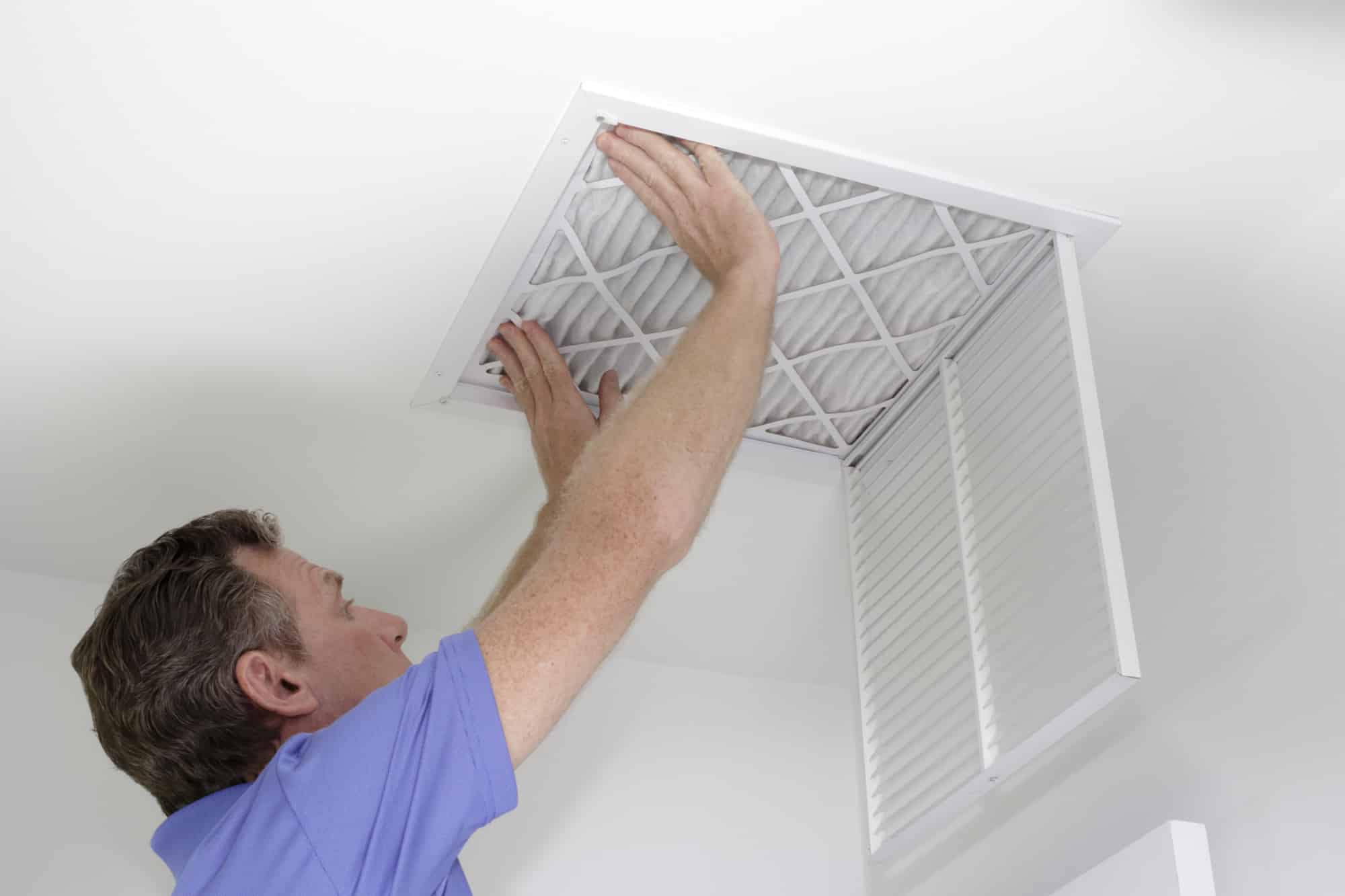Indoor Air Quality: What to Know About Improving the Air Quality in Your Home

Did you know that indoor air quality has nothing to do with how clean you keep your home? Did you also know that the majority of pollutants have no smell, making them undetectable? Anyone with a home can benefit from improving the air quality their family breathes. If you aren’t sure how to improve the air quality in your home, read on. Easy breathing and comfort are right around the corner!
Preventive Measures Against Indoor Pollutants
Mold and dust are the two most common pollutants that impact your indoor air quality. Prevention is key in keeping the air in your home free of allergens. Remember to scrub bathrooms- a major source of mold for many families- at least twice a month. This will prevent mold spores from accumulating to unsafe levels.
Regular dusting is key. Opt for dust-trapping products rather than traditional methods that stir up particles into the air. Sweeping can often make matters worse by dispersing allergens, so consider using a wet sweeper to contain irritants. Vacuuming is an even more effective method to capture indoor pollutants without recirculating them through the air. Pay special attention to areas around air vents where dust accumulates, and always use allergen-reducing cleaning tools.
Limit Outdoor Allergens Indoors
If you’re particularly sensitive to indoor air pollutants, limit the number of plants you keep indoors. While plants are known to clean the air in your home, for those of us that are more prone to allergy or asthma attacks they can trap unwanted moisture, mildew, and sometimes even mold if they’re being over watered consistently. Plants with larger leaves can collect dust too, which would need to be addressed as part of your regularly cleaning schedule. If you’re set on having plants to liven up your home, keep them on a screened porch or backyard.
If you work outdoors or do regular lawn maintenance, you may want to change or leave shoes outside of your home to avoid tracking in unwanted allergens. If you are diligent about keeping your home clean but are still experiencing respiratory issues, it’s possible that the environment around your home is causing your symptoms. Environmental testing services can confirm that the water and soil around your home are safe.
Check Your Air Filters
You don’t want airborne irritants being blown around your room. Those with forced air will want to check filters regularly. If you’re renting, your landlord should do this for you as needed. Air ducts can also get dirty. The EPA has guidelines for what to expect when seeking a duct cleaning service provider.
Invest in Air Purification
An air purifier may seem like a costly investment, but people with pets or respiratory issues benefit immensely from them. You can also greatly reduce allergy symptoms with a purifier. The irritants that you miss when cleaning are passed through a filter, using the latest technology to clean your air.
Air purifiers do the best work in common areas, such as living rooms or places pets and children like to spend time in.
The Bottom Line of Improving Air Quality
Indoor air quality affects you all the time, not just when indoors. Even if you don’t have symptoms now, pollutants and irritants could be lurking in the woodwork of your home. These pollutants can cause major health issues down the road.
Eliminating sources of airborne pollutants will make you healthier and happier! If you’d like to know more about improving the air quality in your home, we have the best advice a professional can give. Contact us for pricing options on a quality home inspection!
MD Mold Testing
Interested in further enhancing your home’s air quality? Our expert team is here to provide top-notch advice and mold testing services in Maryland. Contact us today for detailed information on our home inspection and air quality assessment services to ensure your living space is safe and pollutant-free.





